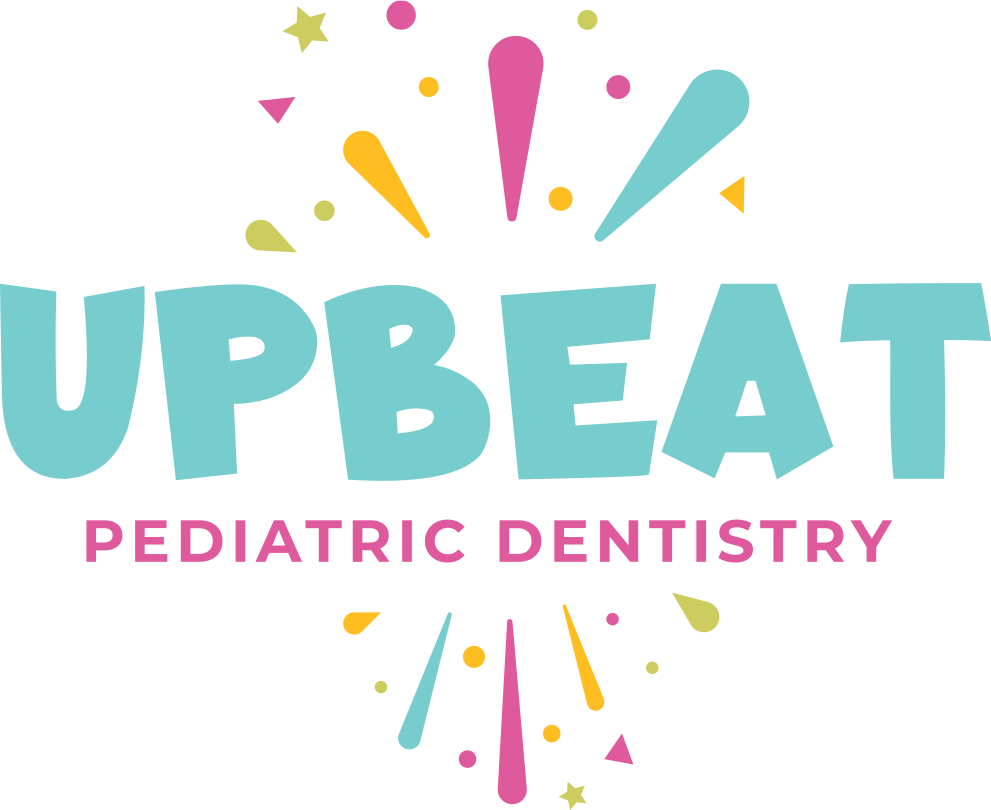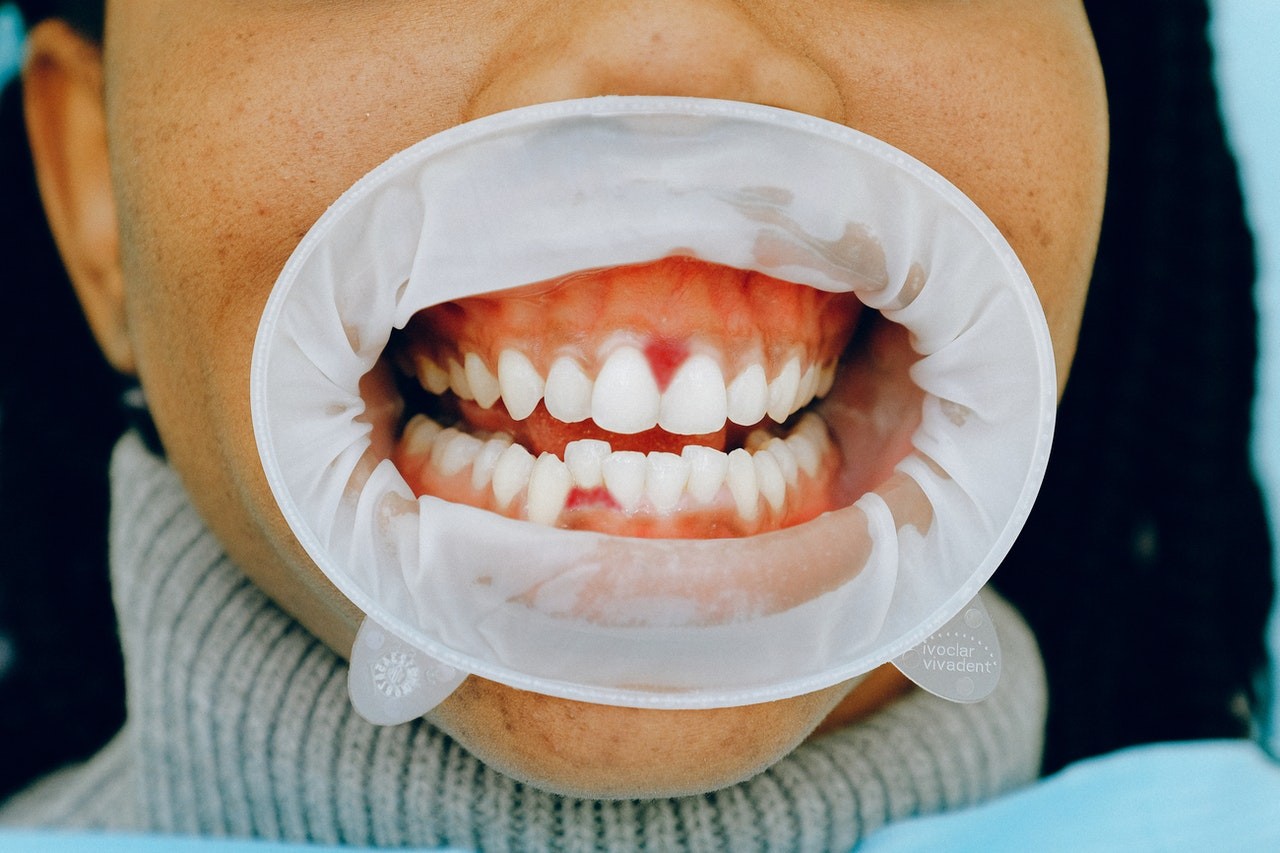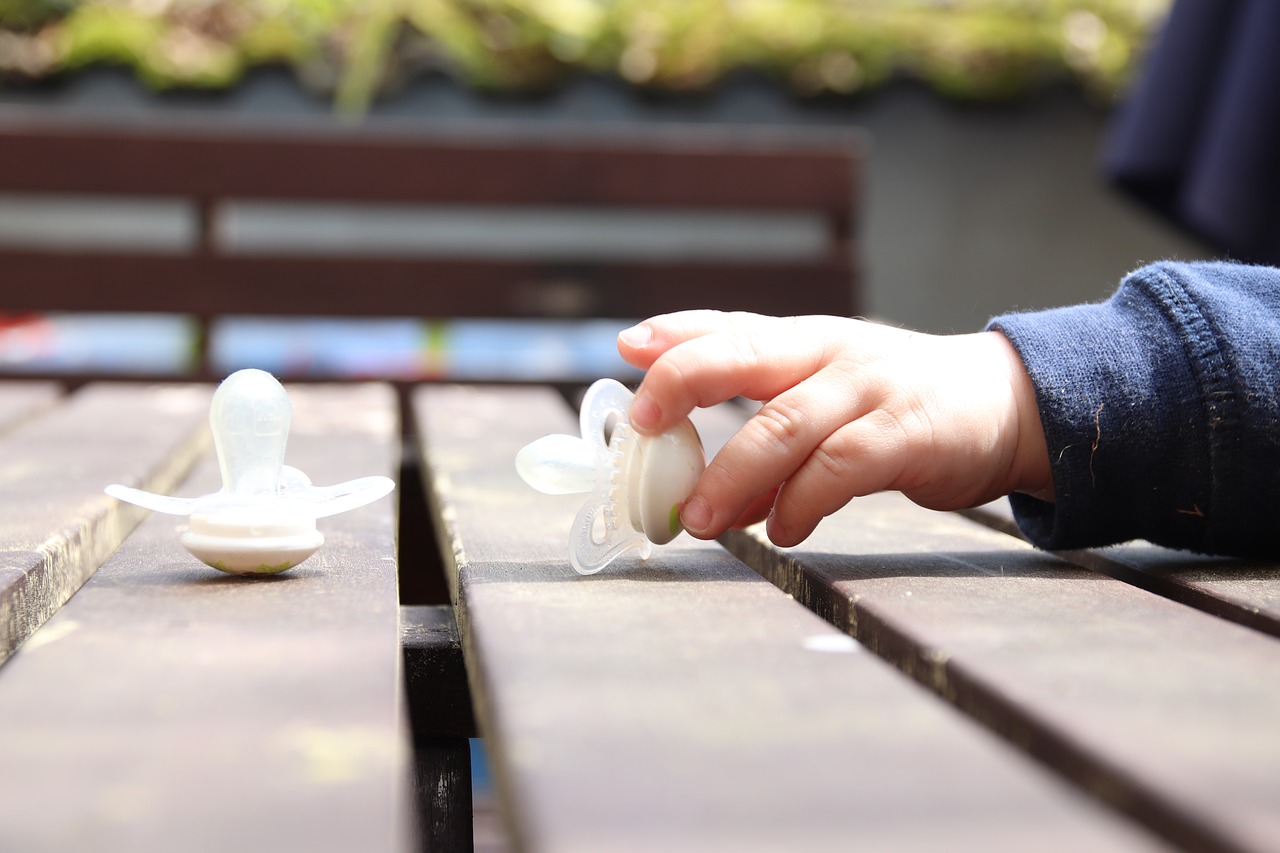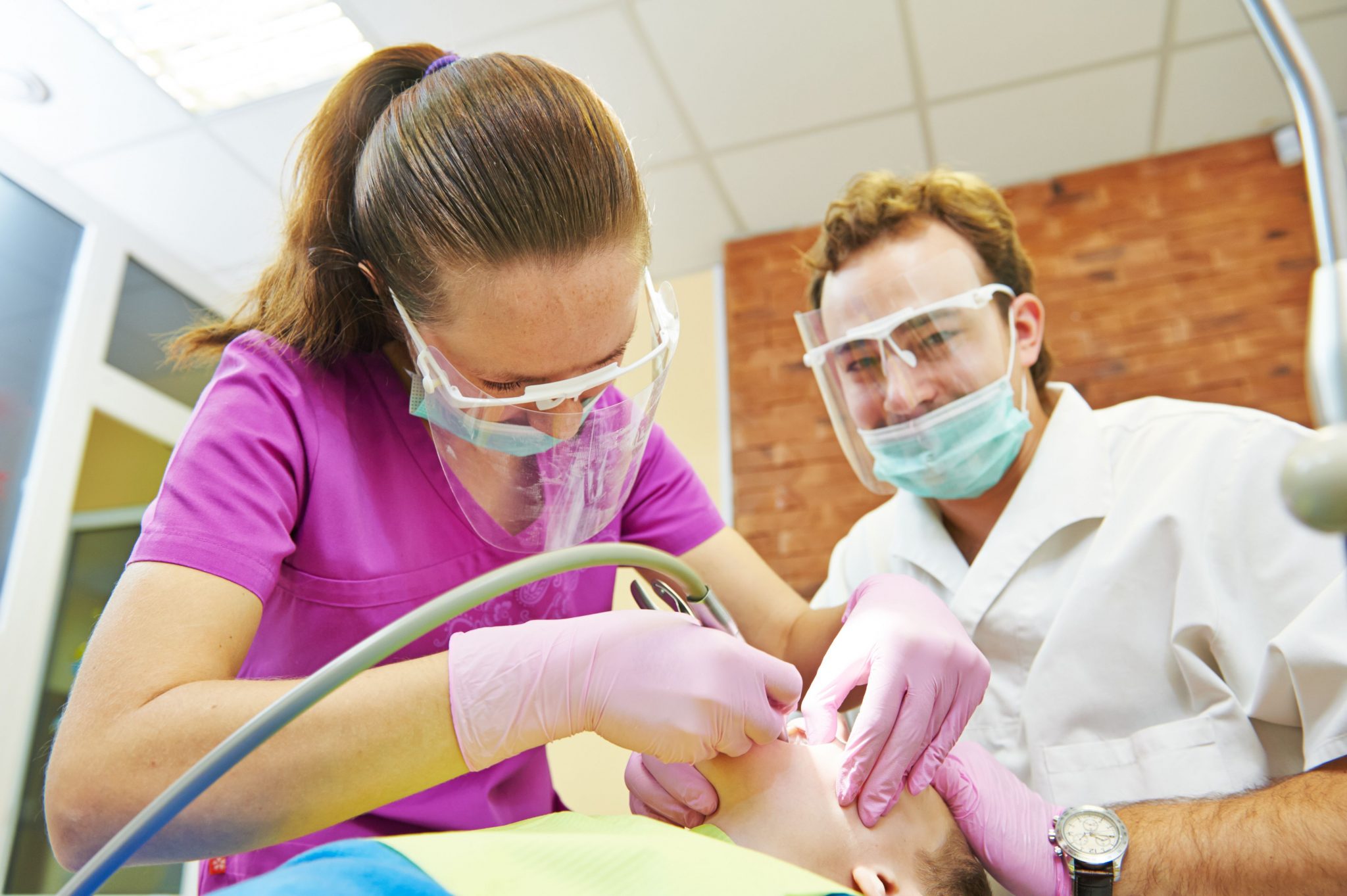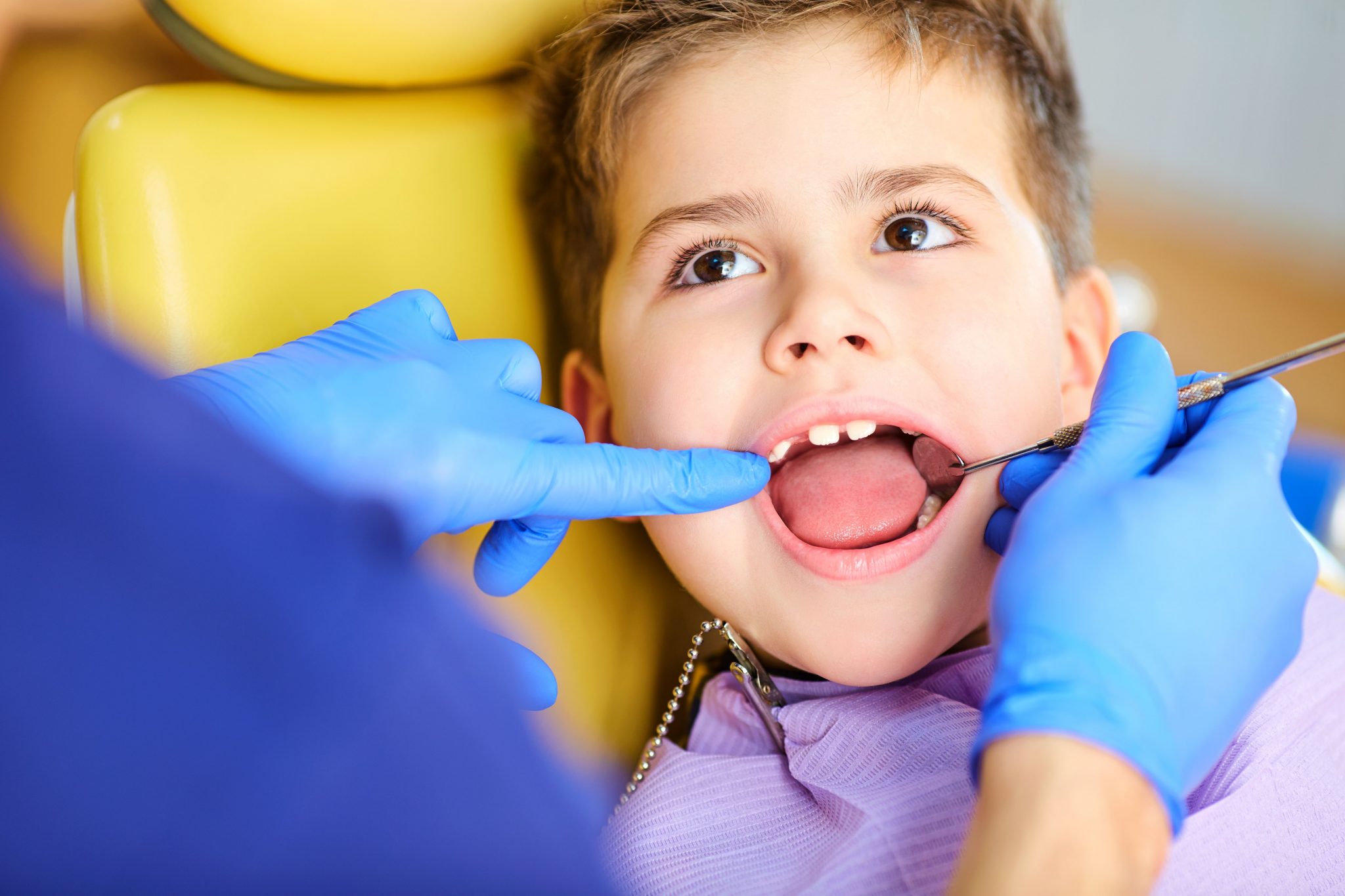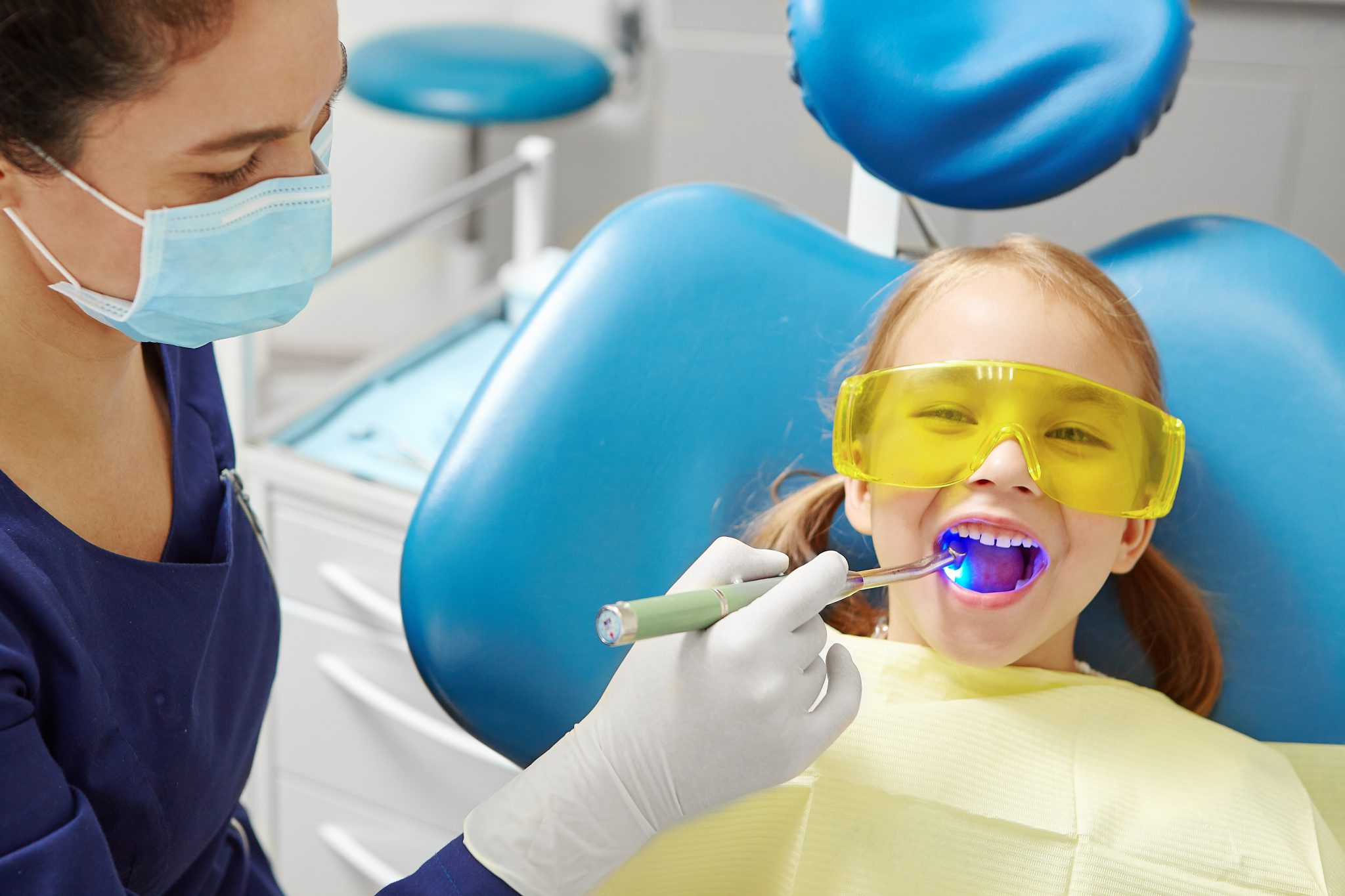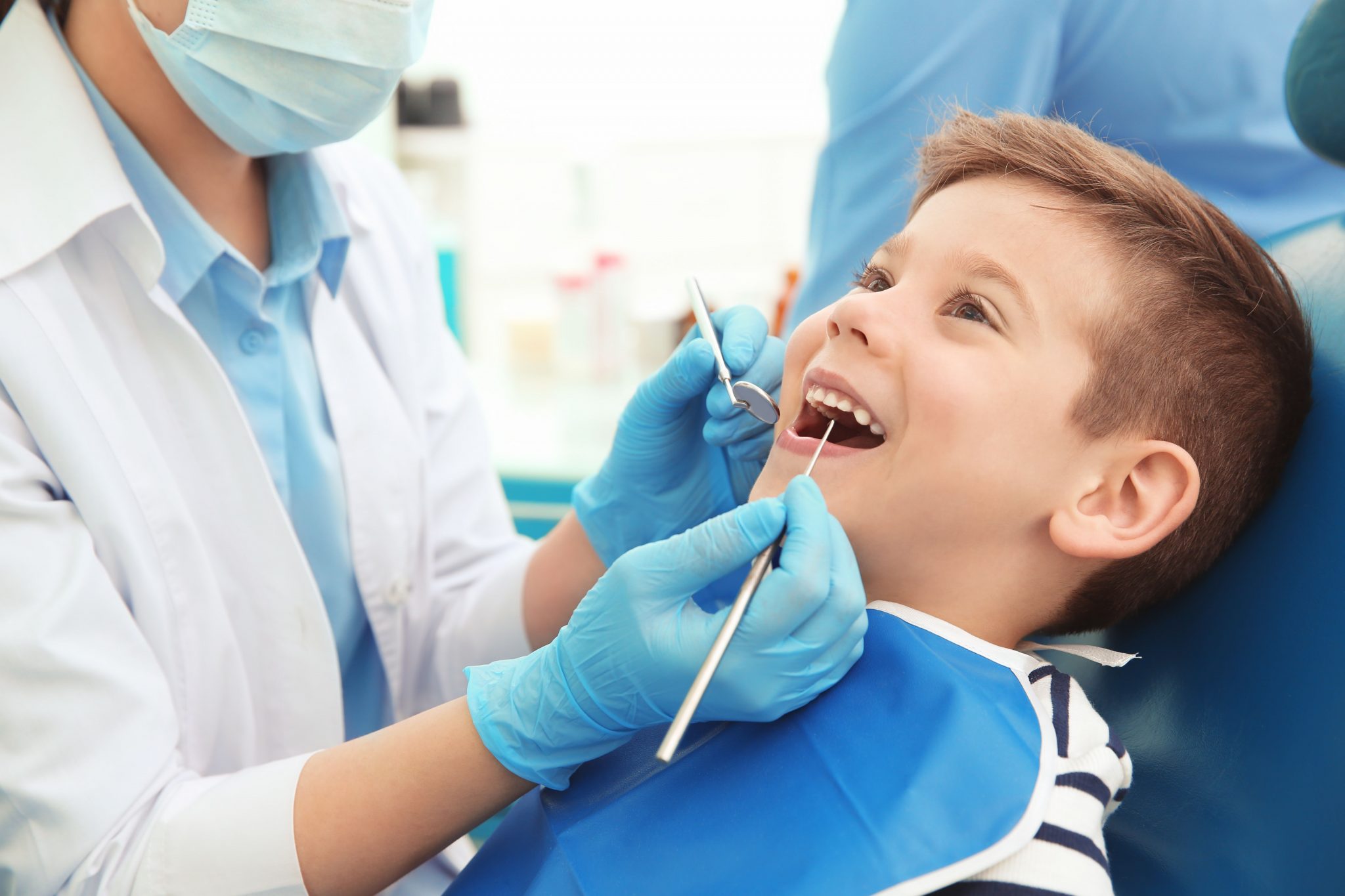Taking care of our teeth from birth is important, and teaching our children good oral hygiene from the beginning can help them later on in life. Many parents wonder when it is a good idea to start brushing their baby’s teeth. Primary teeth are very important, and they help a child with speech and development. If a child loses their baby teeth too early from decay, the development of permanent teeth may be affected or come in crooked.
Why Is It a Good Idea to Brush Your Baby’s Teeth?
At Upbeat Pediatric Dentistry, we help our young patients and parents learn good oral hygiene habits to practice at home. Regular visits to the dentist are recommended when your child turns one year old, or when their teeth begin to erupt. Brushing your baby’s teeth can start right when you see their first tooth pop up through the gums. We recommend using a finger brush, or clean washcloth to wipe their teeth and tongue clean after meals and at bedtime. This helps to keep their teeth and gums clean and free of bacteria or food.
Can I Use Toothpaste?
According to the Academy of Pediatric Dentistry (AAPD), they recommend using a rice size bit of cavity preventing toothpaste when your baby’s first teeth erupt. When they reach the age of 3 parents can increase the toothpaste to be the size of a pea. Gently massage the teeth and gums to remove any bacteria or food that may have lingered in those areas.
Visiting the dentist for your regular exams twice a month can help us get in front of any issues with your child’s teeth or mouth before they become serious. We can monitor their teeth for decay, and make sure their jaw is developing properly. Setting the stage in the beginning with good oral hygiene can really help teach your child how to care for their teeth in the future.
Our doctors and team have years of pediatric dentistry experience, and we welcome new pediatric patients to join our dental family. Our team is trained to work with children, and we always make sure they have a positive experience when they visit our office. At Upbeat Pediatric Dentistry, we strive to provide quality dental care you can trust.
Ready To Schedule Your Child’s Appointment?
If you are interested in scheduling your child’s regular dental exam with us, contact Upbeat Pediatric Dentistry, and our friendly staff will be happy to assist you.
